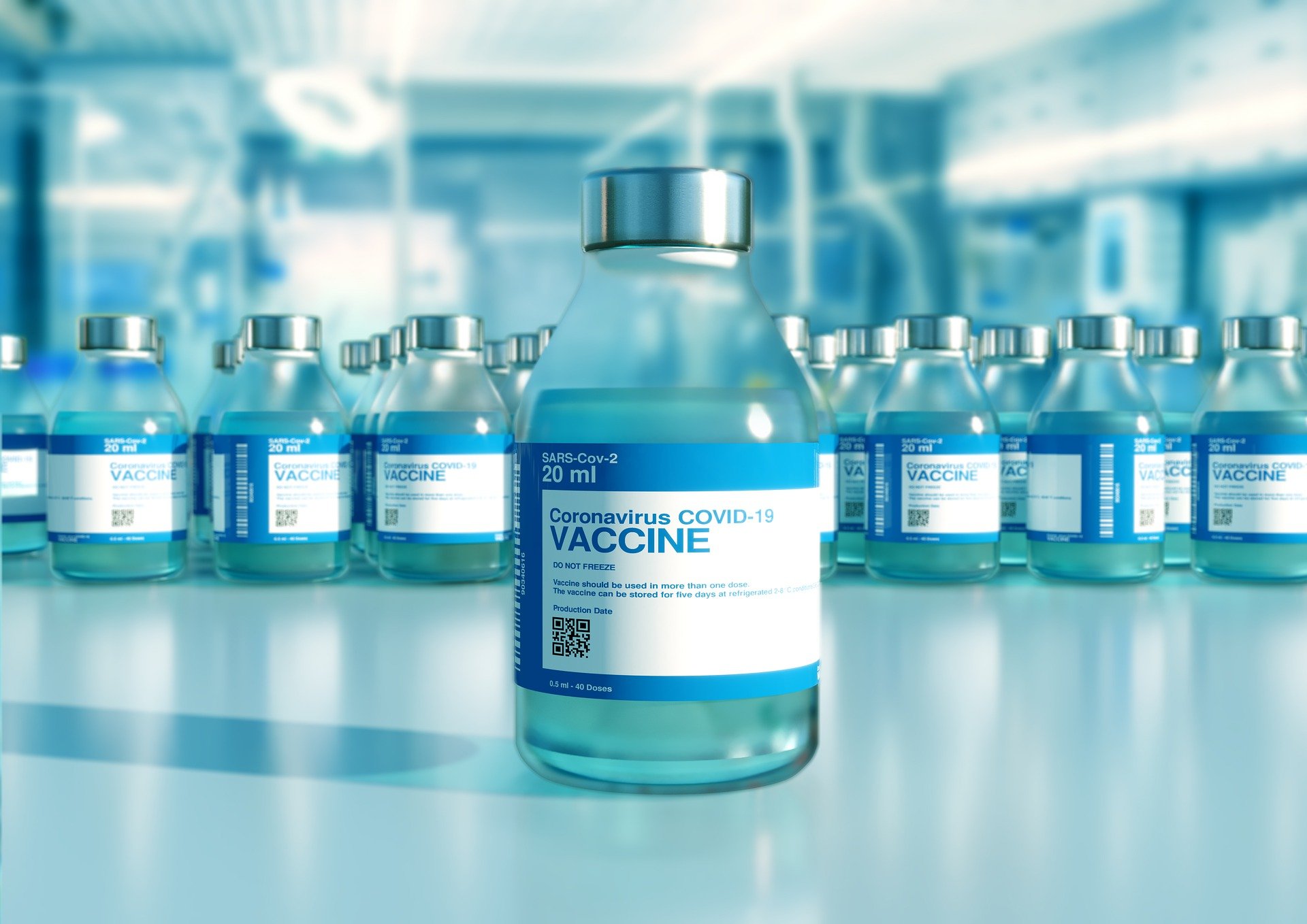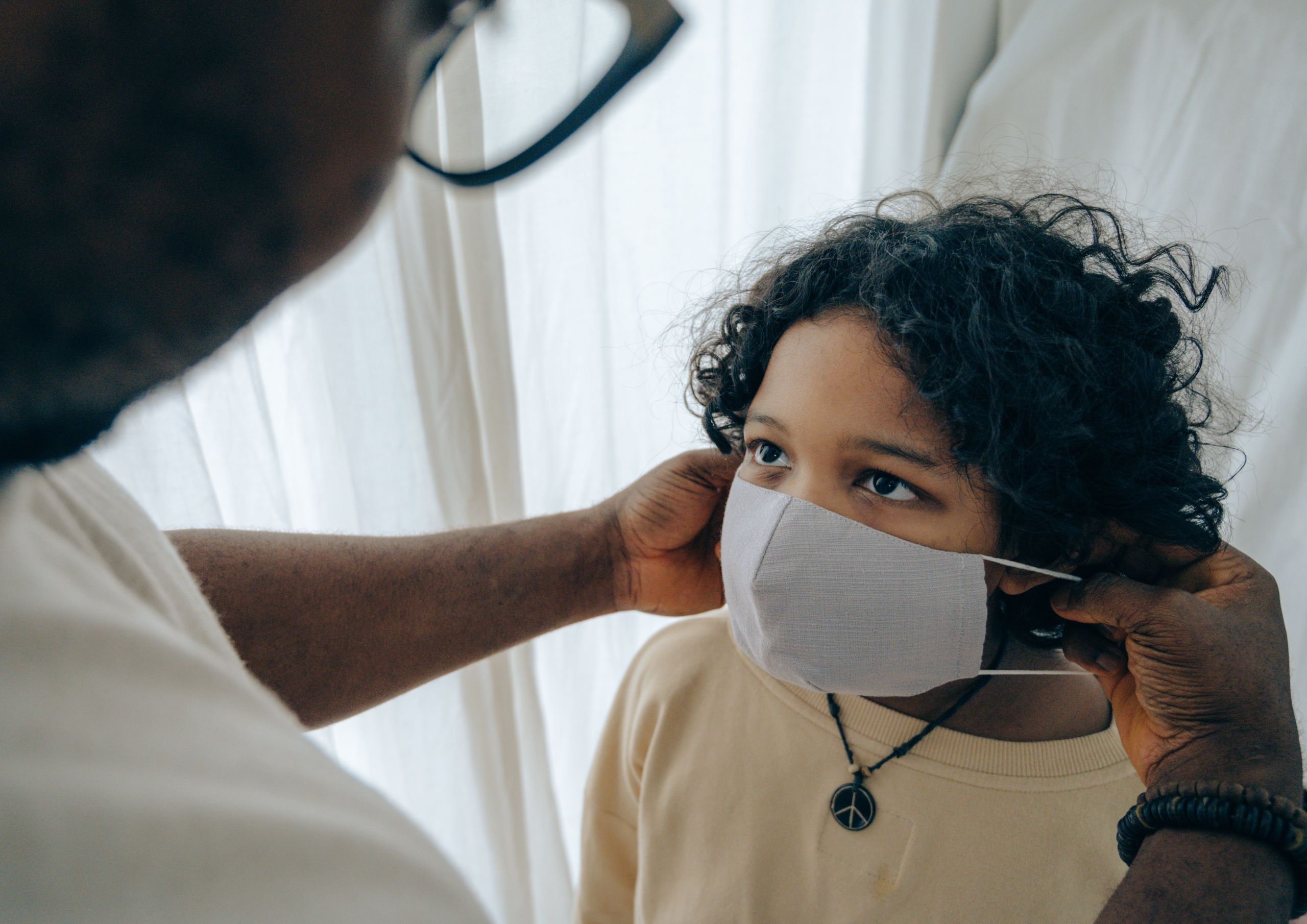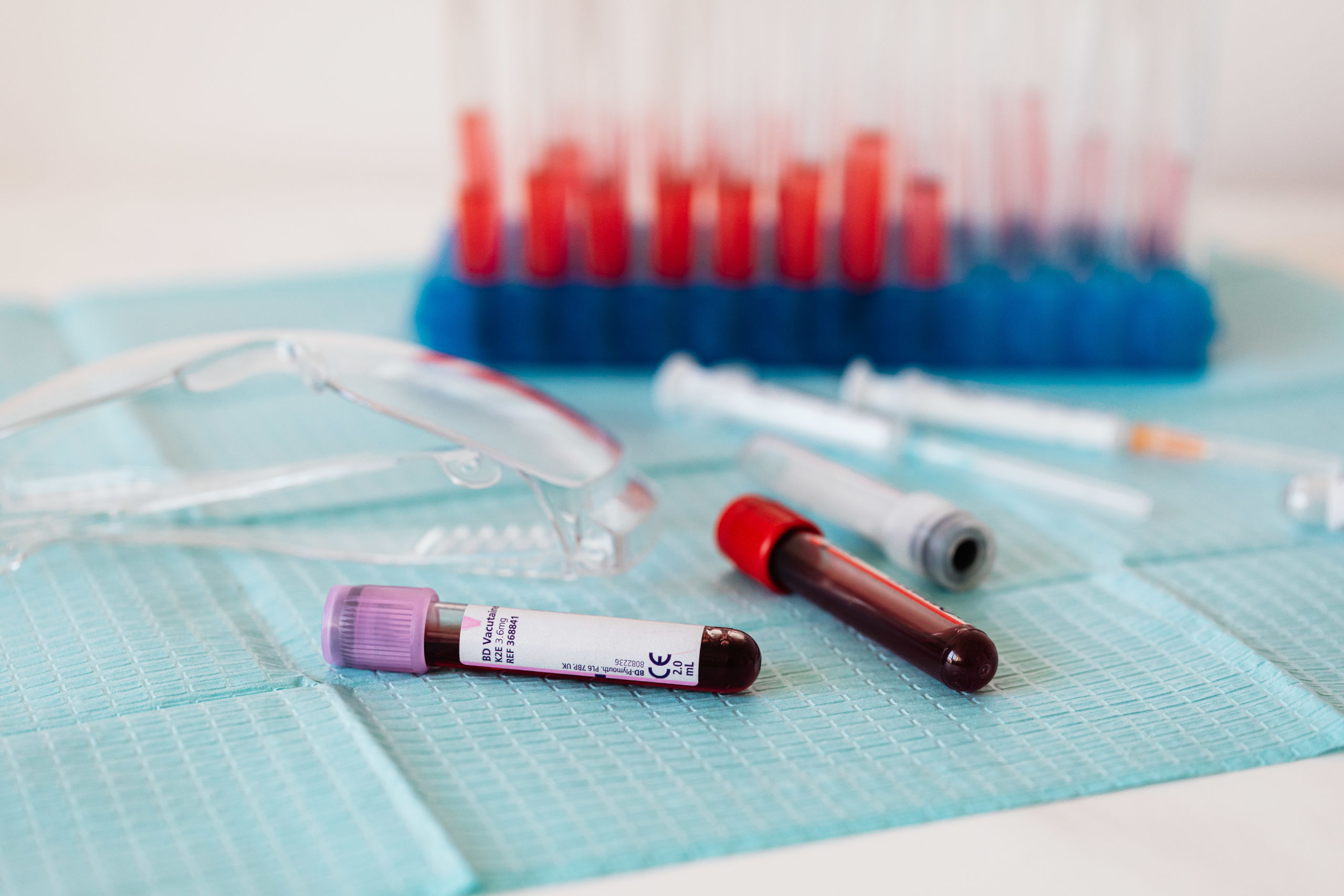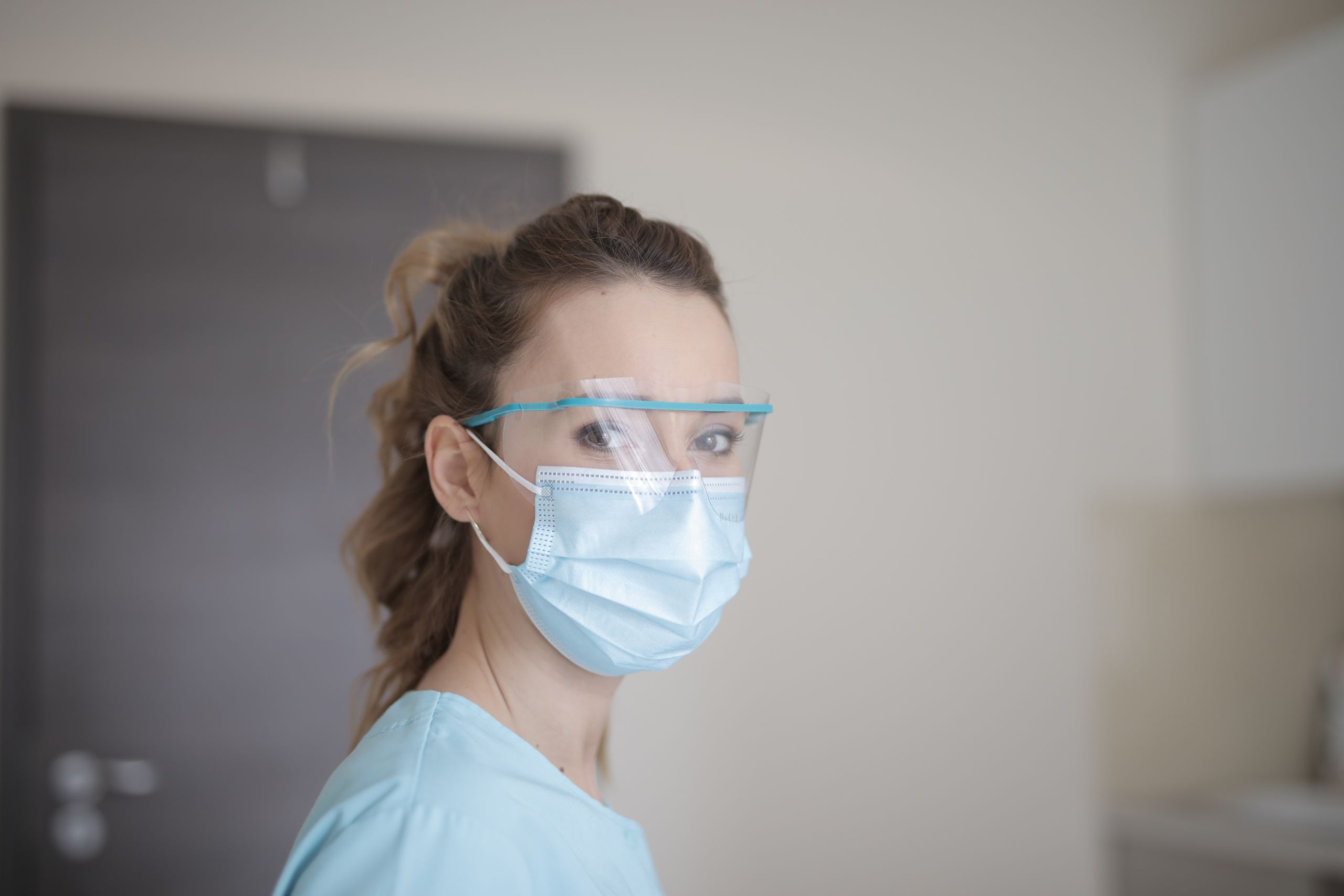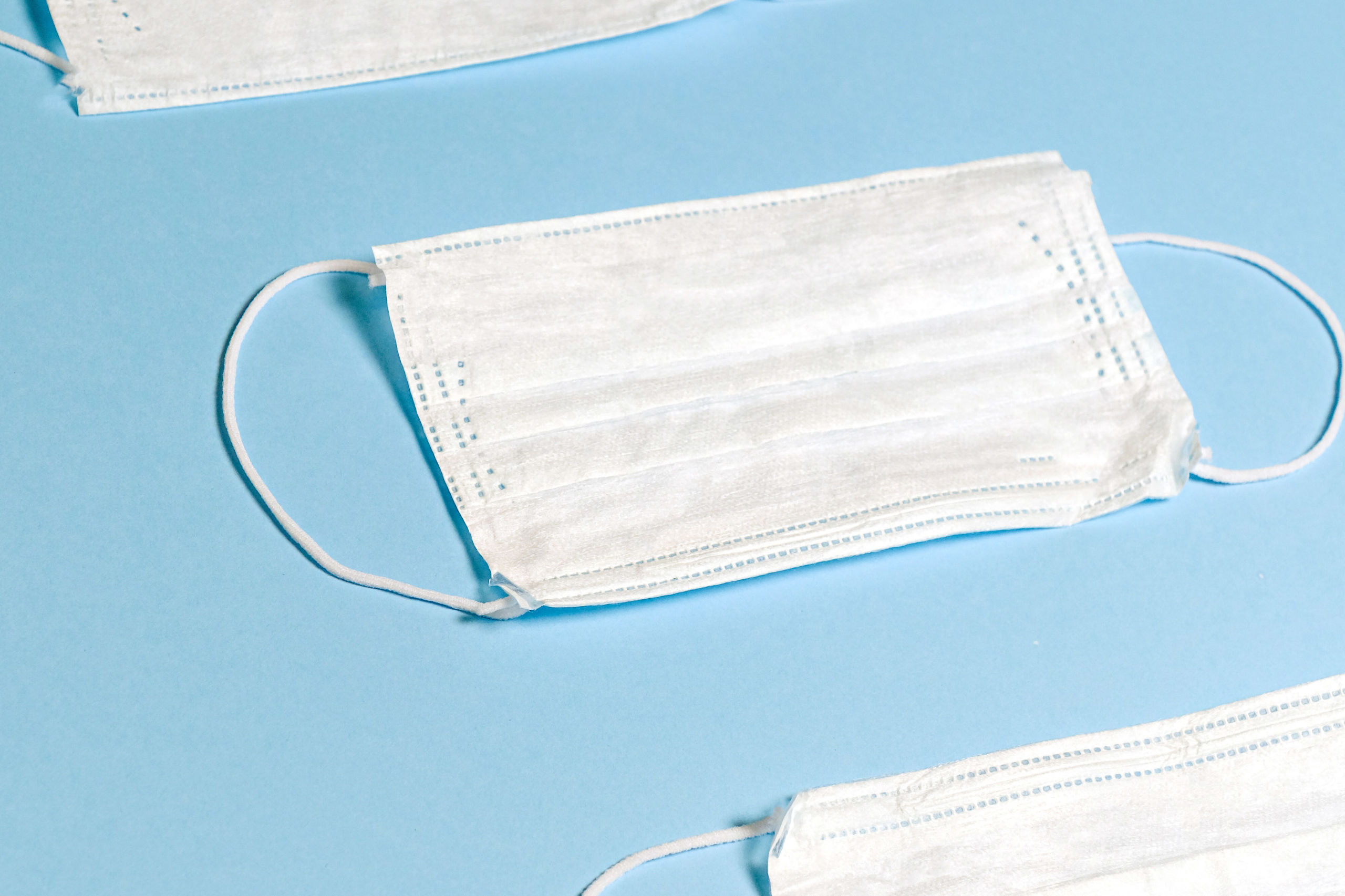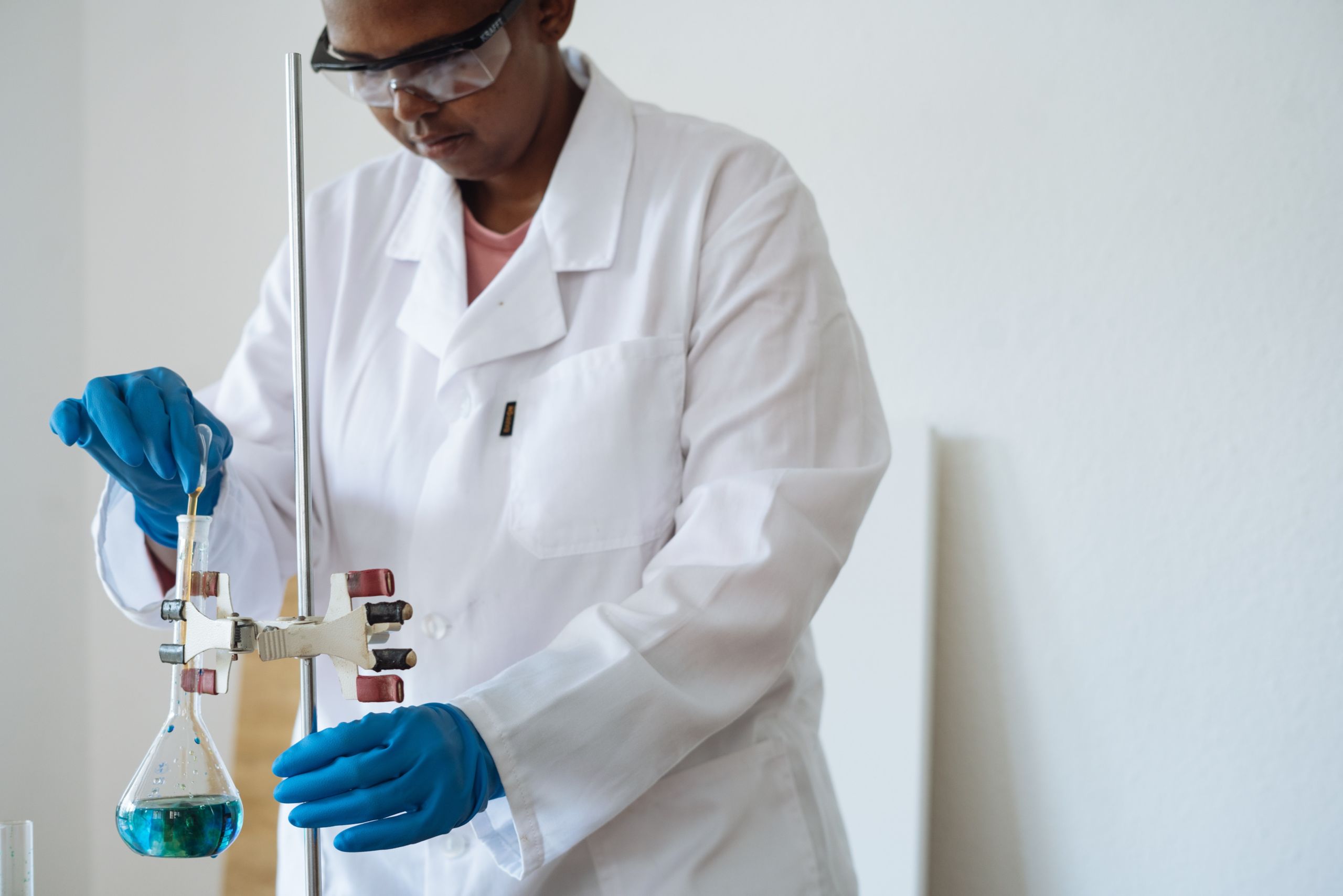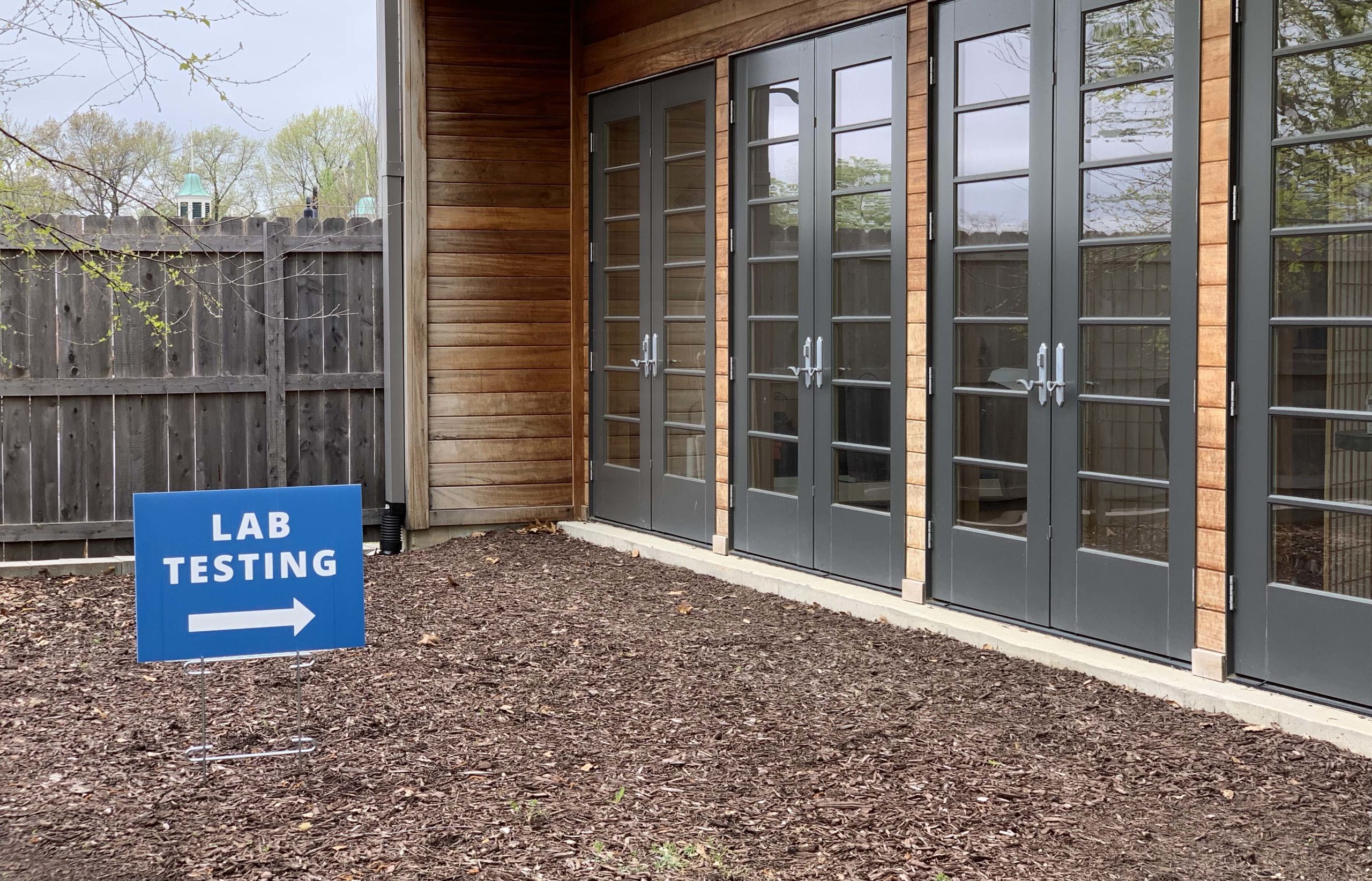Frequently Asked Questions About the COVID-19 Vaccine
Last updated on 1/22/2021.
When is the vaccine going to be available to me?
- Vaccine availability is being rolled out nationally in four phases (1A, 1B, 2, and 3).
- The state of Missouri is currently rolling out Phase 1A and 1B distribution in stages.
- Your occupation and level of risk determine when you are eligible to receive the vaccine.
- Please visit the Missouri Department of Health website to determine which phase you qualify for.
Will PALM have the vaccine available?
- PALM Health has been approved by the Missouri Department of Health to administer the COVID-19 vaccine.
- We are currently working with the Missouri Department of Health to receive doses of the vaccine.
Who is considered “high-risk” as defined by the Missouri Department of Health?
- If you are age 65 or older, you are considered high-risk.
- Additionally, you are considered high-risk if you are an adult (ages 18-64) with:
-
- Cancer
- Chronic kidney disease
- COPD
- Heart conditions
- Weakened immune system due to organ transplant
- Severe obesity (BMI > 40)
- Pregnancy
- Sickle cell disease
- Type 2 diabetes mellitus
- Individuals with intellectual and/or developmental disabilities such as Down syndrome
I am considered a high-risk individual. How will I know where to go to get the vaccine?
- Currently, the state of Missouri is working to roll out Phase 1B vaccinations, including vaccinations for those who are high-risk.
- PALM Health will be vaccinating members and, if supplies are available, non-members.
- If you would like to receive the vaccine at PALM, please pre-register here.
- You can also register with other institutions, such as BJC, here.
- We also recommend checking the Missouri Department of Health website, which is updating information periodically.
Will I need to get the vaccine every year, like the flu vaccine?
- The medical community is continuing to learn about Sars-CoV-2, the virus that causes COVID-19 disease, including how it evolves over time and the level of immunity that the vaccine confers over time. We do not yet know whether individuals will need to get revaccinated every year.
How many doses do I need to receive?
- Both vaccines are administered in a 2-dose series. Pfizer’s vaccine requires 21 days between doses and Moderna’s vaccine requires 28 days.
- If you receive one dose only, you will have partial efficacy of about 50% compared to 95% with two doses.
Is the vaccine a live virus?
- No, it is not a live virus. You cannot catch COVID-19 from it.
- The vaccine is designed to deliver a small portion of the genetic code of the virus that makes a specific protein, called Spike Protein, which is found on the virus. This allows your body to make antibodies to the Spike Protein and build your immunity to the Sars-COV-2 virus.
Are there side effects to the vaccine?
- Although we are awaiting final data on side effects, initial information published by Pfizer indicates that the side effects experienced by their vaccine candidates are comparable to other adult vaccines (such as for influenza, shingles, and pneumonia). The most common side effects of general vaccinations are typically very mild, such as pain or swelling at the injection site. You may also experience some flu-like symptoms, which is expected and not considered an adverse reaction to the vaccine.
When I get the vaccine, do you have any recommendations to help with preventing side effects?
- The immune response and inflammation that occur after receiving the vaccine are beneficial, so routine use of antioxidants and immune modulators are NOT necessary. You can use warm compression, Tylenol, and Advil to help with arm soreness or other symptoms you may experience.
If I have already had COVID-19, should I get the vaccine?
- We are still learning about our natural immunity (immunity that we get from having the infection), and the immunity that we get from the vaccine.
- The CDC is still recommending getting vaccinated even if you have had COVID-19, because the vaccine-induced immunity may possibly be better than the immunity you get from having the virus.
- As we have seen that reinfection can occur in individuals, the CDC hopes that the vaccine will be able to prevent reinfection as well.
Can the COVID-19 vaccine cause me to test positive for COVID-19 disease?
- No. Neither the Pfizer nor the Moderna vaccine can cause you to test positive on viral tests, which are used to see if you have a current infection.
- There is a possibility you may test positive on an antibody test after you have had the COVID-19 vaccine. The goal of vaccination is to create an immune response, which includes the development of antibodies in your body. So, it makes sense that you might test positive on an antibody test after you have received the vaccine.
Does the vaccine have preservatives?
- The vaccines from Pfizer and Moderna do not have any adjuvants such as aluminum salts, or preservatives such as ethylmercury.
Can I get the vaccine if I am pregnant?
- Yes, you can get the vaccine if you are pregnant. We request that you speak with your OB-GYN or family doctor specifically about your care.
Can children be vaccinated?
- Pfizer’s vaccine has been approved for individuals ages 16 and older. We will learn more about Moderna’s vaccine approval for children later this week.
- Further studies are underway in children receiving the COVID-19 vaccine.
- Missouri’s current plan for vaccination in Phases 1 and 2 is for individuals to receive the vaccine if they are 18 and older, and high-risk.
I have a compromised immune system; can I still get the vaccine?
- Yes, you can get the vaccine. The vaccine is not a live vaccine; therefore, individuals with suppressed immune systems are safe to receive it.
After I get the vaccine, do I still need to wear a mask?
- Right now, yes. The studies that have been sent to the FDA looked at transmission of COVID-19 in symptomatic carriers, but not in asymptomatic carriers. So, we don’t know whether receiving the vaccine prevents you from spreading the virus to those around you if you are asymptomatic.
- As we learn about the ability of the vaccine to prevent asymptomatic spread, we may see a change in the guidelines about masks.
Sincerely,

Sita Kedia, MD, MPH, FAHS
Chief Medical Officer | PALM Health
9160 Clayton Road, Ladue, Missouri 63124
p: 314-801-8898 | www.palmhealth.com

